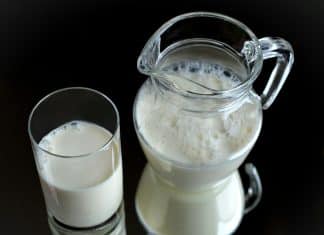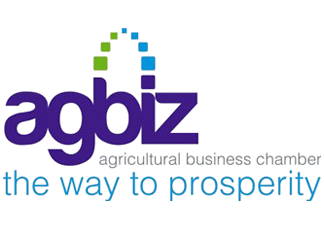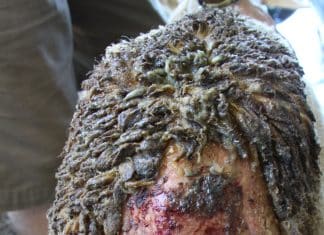Estimated reading time: 4 minutes
- Food safety is one of the top priorities on the agenda of most producers, manufacturers and consumers today.
- South Africa is no exception and is also at risk, with a broad spectrum of potential sub-standard food products finding its way onto the consumer market.
- In terms of food production of both plant- and animal-derived products, more should be done about the downstream process of traceability in as far as the dangers of unwanted herbicides, pesticides and insecticides and other harmful substances are concerned.
- Some of the direct risks that South Africa faces, are questionable imports of raw materials and other agricultural input products from countries such as China, who in the past has proven to be a suspect source of many products.
Food safety is one of the top priorities on the agenda of most producers, manufacturers and consumers today. And rightly so, because we’ve had quite a few serious scares over the last decade to substantiate this concern. I can recall animal diseases such as mad cow disease, foot and mouth disease and avian flu, to name but a few. Then there was the cadmium debacle in the pineapple industry, the Sudan red episode, adulterated olive oil, raw materials from China containing arsenic and chrome, and more recently the melamine scare.
The need for improved food safety measures from the farm to the consumer is best illustrated in the following report from the World Health Organisation: “There is a threat of deliberate contamination of food for human consumption with biological, chemical and physical agents or radio nuclear materials for the purpose of causing injury or death to civilian populations and/or disrupting social, economic or political stability. The chemical agents in question are man-made or natural toxins, and the biological agents referred to are communicably infectious or non-infectious pathogenic microorganisms, including viruses, bacteria and parasites.”
Read more about the agro-processing of root crops here.
Local threats
South Africa is no exception and is also at risk, with a broad spectrum of potential sub-standard food products finding its way onto the consumer market. This threat is on our doorstep and we have documentary evidence to substantiate this claim.
In terms of food production of both plant- and animal-derived products, more should be done about the downstream process of traceability in as far as the dangers of unwanted herbicides, pesticides and insecticides and other harmful substances are concerned. These products have a direct effect on the safety of food for human consumption. Unregistered and sub-standard animal medicines can also have a negative effect on the production of safe meat. Agricultural producers must learn to steer away from so-called bargains – cheaper is not always better.
Safe food in perspective
Some time ago I had insight into an authoritative report published by the US National Intelligence Council dealing with global trends until the year 2025. This report highlighted some of the strategic risks facing the world during this timeframe. I was surprised to learn that the supply of food, water and energy are some of the major risks facing the world over the next few decades. Also interesting was the fact that the Council consider Sub-Saharan Africa as the potential food basket of the world!
The fact that we have good agricultural potential, world-class technology and some of the best agricultural producers in the world, makes the agriculture- and food-related industries in South Africa a national asset that must be protected at all costs. Unfortunately we cannot rely on the state alone for this protection. Industries will have to take co-responsibility for the protection of their interests by embracing the concept of self-regulation. This can be in the form of market protection, the management of business intelligence, and risk and compliance management systems.
Some of the direct risks facing us are questionable imports of raw materials and other agricultural input products from countries such as China, who in the past has proven to be a suspect source of many products. This does not mean that everything from China is suspicious; it just means that extra care must be taken by means of quality assurance and food safety protocols to screen products from that part of the world.
Better safe than sorry
The agriculture and food producing industries must safeguard themselves against undesirable substances in products, commodities and raw materials, whether imported or not, and implement a proper traceability control system in their businesses, backed by bacteriological and residue monitoring, and proper tests for the presence of heavy metals and other undesirable substances.
One way in which a company can nowadays safeguard its produce is by making use of private, independent risk and compliance management services that are linked to international accredited laboratories. Make sure that such a company has a well-established infrastructure and track record, and that they work according to internationally certified or accredited systems.
The integrity in terms of which companies conduct their business, is becoming more important by the day. Businesses can ill afford to lose that integrity – it is too difficult to regain consumers’ trust once it has been broken. – Joe Hanekom, AfriCompliance






